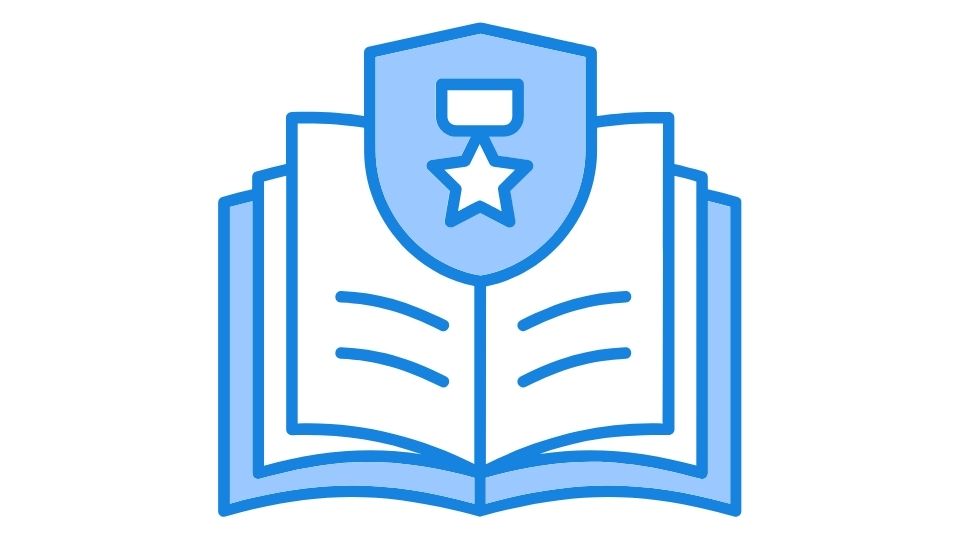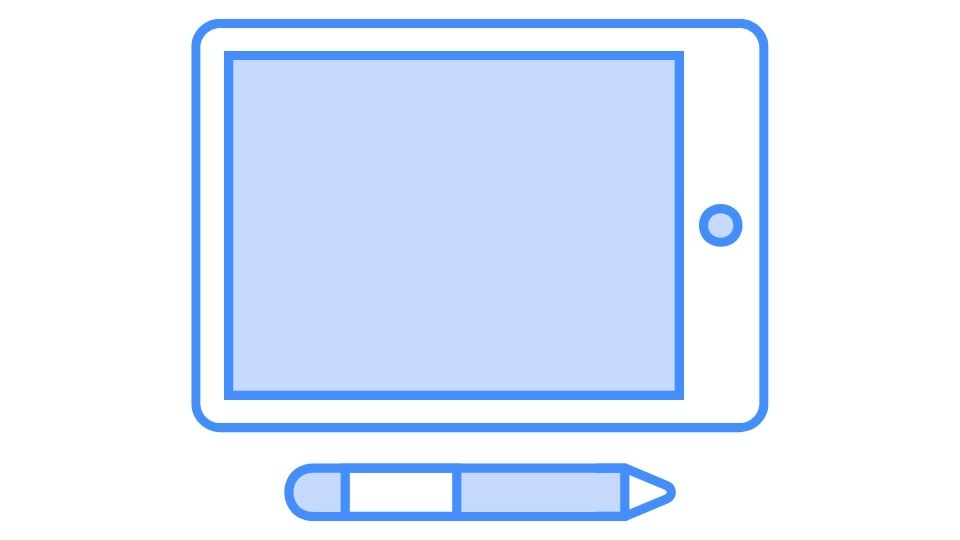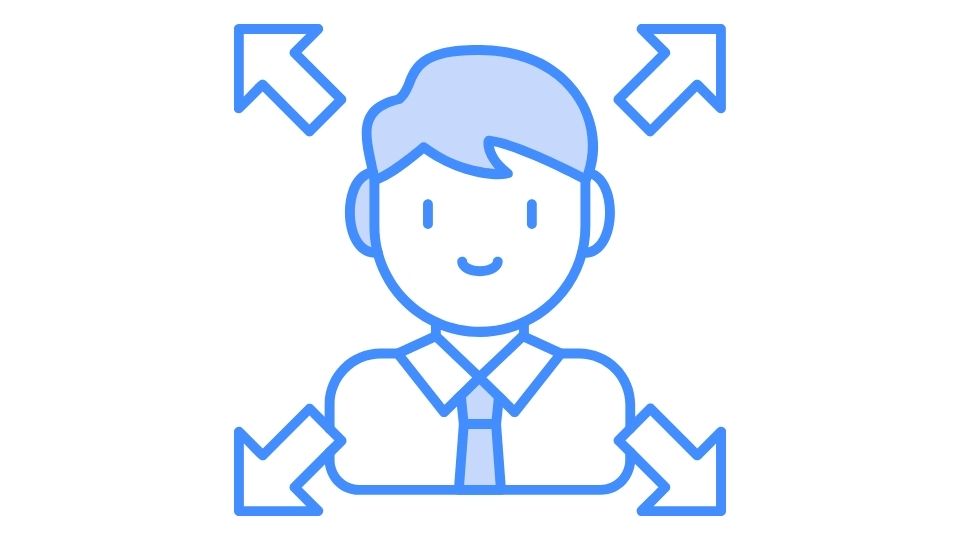Want to Grow in Your Career? Why Lifelong Learning Is Non-Negotiable

Continuous learning isn’t just a buzzword anymore – it’s become absolutely essential for career growth in today’s lightning-fast professional world.
With technology evolving at warp speed, industry demands shifting like sand, and competition getting fiercer by the day, professionals who aren’t constantly updating their skills are basically choosing to become obsolete.
Let me break down why continuous learning matters so much for your career trajectory, what challenges you might face, and how to actually make it happen in practical ways.
The New Rules of Career Development
Remember when getting that degree meant you were set for life? Yeah, those days are GONE.
In today’s workforce, relying on past credentials or experience is about as effective as bringing a knife to a gunfight. Both organizations and individuals need to embrace lifelong learning just to keep up with the breakneck pace of change.
According to the World Economic Forum’s latest data, 44% of workers’ core skills will shift in the next five years. That’s almost half of what makes you valuable at work becoming outdated while you’re still using it!
Continuous learning isn’t just about responding to these changes – it’s about staying ahead of them. It means actively hunting for new information, skills, and experiences through formal courses, self-directed learning, or on-the-job training.
Why Continuous Learning Supercharges Your Career

1. You Become Impossible to Replace
The professional world is basically chaos these days, with job roles and requirements constantly evolving. Continuous learning makes you adaptable to change – which is like career insurance.
When you can pivot quickly and learn new skills on demand, you become resilient to market changes and tech disruptions. This adaptability is your shield against career stagnation and unemployment.
2. Your Skills Stay Fresh (and So Does Your Paycheck)
Ongoing skill development ensures you remain relevant and competitive. By building both hard skills (technical abilities) and soft skills (communication, leadership, problem-solving), you make yourself more valuable to employers.
This versatility leads directly to:
- Greater employability
- Better promotion prospects
- Higher earning potential
Companies benefit too – a workforce engaged in continuous learning is more productive, innovative, and better equipped to crush organizational goals. It’s a win-win that creates a culture of mutual growth.
3. You Actually Get Better at Your Job
Learning new techniques, methodologies, and industry best practices directly impacts how good you are at what you do. When you expand your knowledge base, you can solve problems more creatively and make better decisions.
This boost in competency doesn’t just help your employer – it makes your work life more satisfying. Nothing builds confidence like knowing you’re crushing it because you’ve put in the work to master your craft.
4. Doors Open That You Didn’t Even Know Existed
Continuous learners signal ambition and readiness for new challenges. This makes you the obvious choice for promotions, leadership roles, and exciting projects when they come up.
Organizations naturally reward employees who invest in their development. These rewards reflect your enhanced capabilities and show that you’re committed to growth – both yours and the company’s.
5. You Grow as a Person, Not Just a Professional
Beyond the career benefits, continuous learning fosters personal development and improves self-esteem. It encourages curiosity, critical thinking, and gives you that sweet sense of achievement.
All of these contribute to your overall wellbeing and engagement at work. You become a more interesting person with broader perspectives – and that impacts every area of your life, not just your job.
How Continuous Learning Creates Long-Term Success

Continuous learning isn’t just about collecting knowledge; it’s about building a mindset of growth and preparedness. It encourages you to be intentional about your development – setting goals, identifying gaps in your knowledge, and actively seeking feedback.
This purposeful approach helps maintain career momentum rather than just reacting when disruptions happen (and they will happen).
Moreover, when organizations foster continuous learning, they create an inclusive, collaborative culture where employees support each other’s growth through knowledge sharing and teamwork.
Practical Strategies to Make Continuous Learning Work For You

Upskilling and Reskilling: Focus on both deepening your current skills (upskilling) and learning new skills to shift roles if necessary (reskilling). This two-pronged approach increases your career resilience and flexibility.
Make Learning Manageable: Given how busy we all are, breaking courses or training into smaller, manageable chunks helps you balance work and learning without burning out.
Create a Personalized Learning Path: Tailor your learning to your specific needs and career goals. This customization enhances engagement and maximizes impact.
Leverage Coaching and Mentorship: Working with career or executive coaches can accelerate your learning by helping identify your strengths, weaknesses, and next steps for growth.
Take Advantage of Employer Programs: Many employers invest in employee development through training, certifications, and learning platforms. Leveraging these resources benefits both you and your organization.
Challenges (And How to Beat Them)

While continuous learning offers huge advantages, it’s not without challenges:
Resistance to Learning New Skills: You might feel overwhelmed or uninterested in certain topics. The fix? Find diverse learning formats that work for you – interactive sessions, hands-on projects, or peer learning groups.
Rapid Changes in Business Needs: Skills you learn today might become obsolete if market demands shift. The solution is continuous evaluation and adaptation of your learning plans. Stay flexible!
Time and Budget Constraints: Balancing your workload with learning time and finding quality training within budget limits can be tough. Prioritize high-impact skills and use microlearning (short, focused learning sessions) to overcome these barriers.
The Bottom Line
The importance of continuous learning in career growth isn’t just significant – it’s essential to survival in today’s workforce. It empowers you to stay relevant, improve performance, and seize new opportunities while fostering personal development and confidence.
For organizations, continuous learning drives innovation, retention, and competitiveness in an environment that changes faster every day.
To thrive in this era of constant change, building a habit of lifelong learning – actively seeking growth with intention and leveraging available resources – is the best investment you can make for a successful, fulfilling career now and in the future.
Remember what Alvin Toffler said: “The illiterate of the 21st century will not be those who cannot read and write, but those who cannot learn, unlearn, and relearn.”
So, what are you going to learn next?

